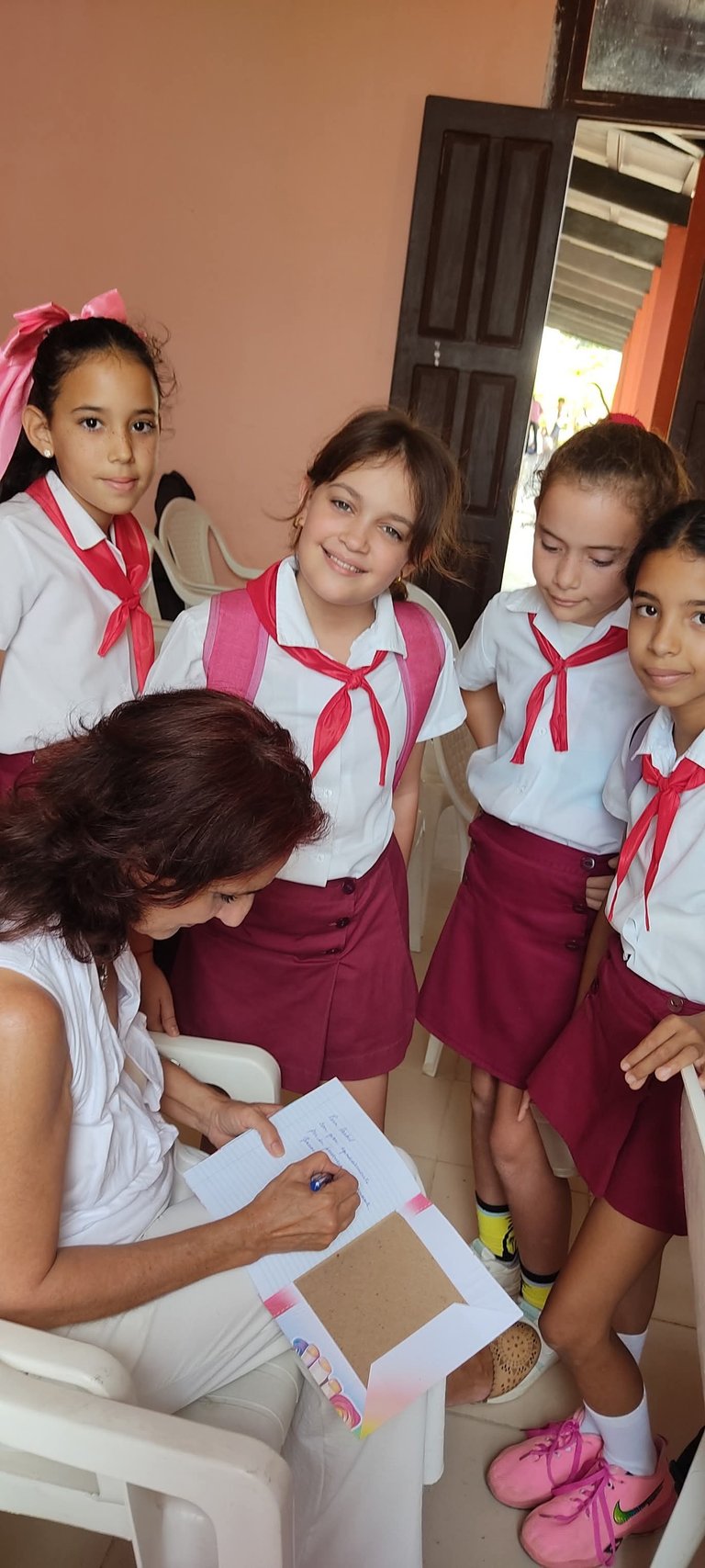The Love That Walks - The Other Shore Initiative - El Amor que Camina - iniciativa la otra orilla (eng-esp)
Hello, friends of Green Zone!
Our friend @maylink brings me to the Other Shore with a topic that, as much as it sounds and is associated only with the biblical, goes beyond just a parable.
I've always believed that loving one's neighbor is a verb, not a noun. It's not an ethereal idea kept in the heart, but a tangible force manifested in action.

Loving one's neighbor is an attitude toward life.
I've learned, sometimes the hard way, that beautiful words are carried away by the wind, but a concrete gesture lasts forever.
I fervently believe that a cup of coffee offered to someone who is sad, a hand extended to carry a heavy bag, the time given to listen without judgment... these are the syllables of true love.
Loving one's neighbor isn't just spoken, it's done. It's positive actions, those that don't expect a reward, that weave the invisible web that sustains us.

Therefore, I repeat, for me, it's an attitude toward life, a conscious decision that is renewed every morning. It's not an occasional impulse that arises only in the face of great tragedy.
It's the daily, conscious choice I make to be patient with the tired clerk, to smile at the neighbor, to give up my seat, to keep quiet about a hurtful comment, etc.
It's a constant practice, like exercising a muscle. If you don't exercise it daily, it atrophies, and the heart becomes rigid and selfish. We must do it consciously, even when we don't feel like it... especially when we don't feel like it.
Because it's in those difficult moments that the choice to love defines who we truly are.

And yes, I firmly believe that this capacity to love our neighbor is, in essence, what defines us as good or bad people. Not our beliefs, our profession, or our success.
Kindness is not an abstract quality; it is measured by the warmth of our treatment, our compassion for those who suffer, and our respect for the dignity of every person on the planet.
A person who is indifferent to the pain of others, who only sees their own benefit, may have many things, but lacks kindness. They are not a good person.
Love is a closed circuit. To receive love, one must be able to give it. It is not a selfish exchange, but a natural law of human connection.

Love is a language; if you don't practice it, you can't speak it or understand it when it is spoken to you.
Those who are incapable of reaching out, of empathizing, of giving without measure, lock themselves in a tower of loneliness.
They may receive admiration or interest, but they will never know true love, the kind born of mutual recognition and authentic integrity.
Loving one's neighbor is, ultimately, the seed.
From it springs everything else: community, inner peace, and the possibility of being loved in return. It is the seed of our own humanity.
Versión en español
Hola, amigos de Green Zone!
Nuestra amiga @maylink me trae a la Otra orilla con un tema que, por más que suene y lo asocien solo a lo bíblico, va más allá que solo una parábola.
Siempre he creído que el amor al prójimo es un verbo, no un sustantivo. No es una idea etérea que se guarda en el corazón, sino una fuerza tangible que se manifiesta en la acción.

Amar al prójimo es una actitud ante la vida.
He aprendido, a veces a golpes, que las palabras bonitas se las lleva el viento, pero un gesto concreto perdura para siempre.
Creo fervientemente en que un café ofrecido a quien está triste, una mano tendida para cargar una bolsa pesada, el tiempo regalado para escuchar sin juzgar… esas son las sílabas del verdadero amor.
Amar al prójimo no se declama, se hace. Son las acciones positivas, esas que no esperan recompensa, las que tejen la red invisible que nos sostiene los unos a los otros.

Por eso, repito, para mí, es una actitud ante la vida, una decisión consciente que se renueva cada mañana. No es un impulso ocasional que surge solo frente a una gran tragedia.
Es la elección diaria y consciente que hago de ser paciente con el dependiente cansado, de sonreírle al vecino, de ceder el asiento, de callar un comentario hiriente, etc.
Es una práctica constante, como ejercitar un músculo. Si no se ejercita a diario, se atrofia, y el corazón se vuelve rígido y egoísta. Debemos hacerlo a conciencia, incluso cuando no apetece…, especialmente cuando no apetece.
Porque es en esos momentos difíciles cuando la elección de amar define quiénes somos realmente.

Y sí, creo con firmeza que esta capacidad de amar al prójimo es, en esencia, lo que nos define como buenas o malas personas. No nuestras creencias, nuestra profesión o nuestro éxito.
La bondad no es una cualidad abstracta; se mide en la calidez de nuestro trato, en nuestra compasión hacia el que sufre y en nuestro respeto por la dignidad de cada persona del planeta.
Una persona que es indiferente al dolor ajeno, que solo ve su propio beneficio, puede tener muchas cosas, pero no tiene bondad. No es una buena persona.
El amor es un circuito cerrado. Para recibir amor, uno debe ser capaz de darlo. No se trata de un trueque egoísta, sino de una ley natural de la conexión humana.

El amor es un idioma; si no lo practicas, no puedes hablarlo ni entenderlo cuando te lo dirigen.
Quien es incapaz de tender la mano, de empatizar, de dar sin medida, se encierra en una torre de soledad.
Quizás reciba admiración o interés, pero nunca conocerá el amor verdadero, ese que nace del reconocimiento mutuo y la entereza auténtica.
Amar al prójimo es, al final, la semilla.
De ella brota todo lo demás: la comunidad, la paz interior y la posibilidad de ser amados de vuelta. Es la semilla de nuestra propia humanidad.
🥹🫂✨
!HUG 🫵